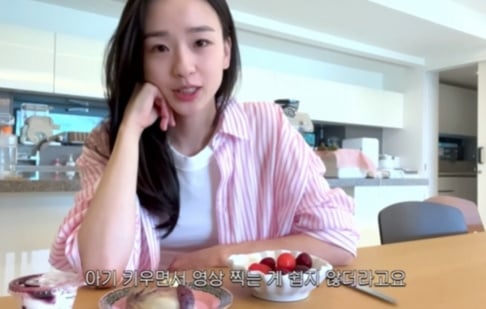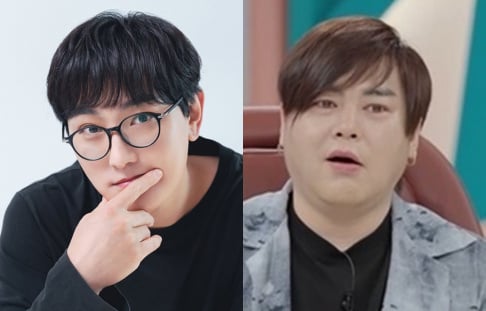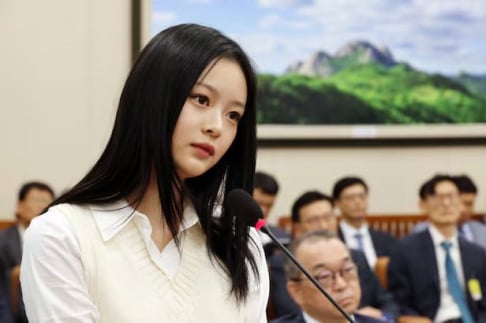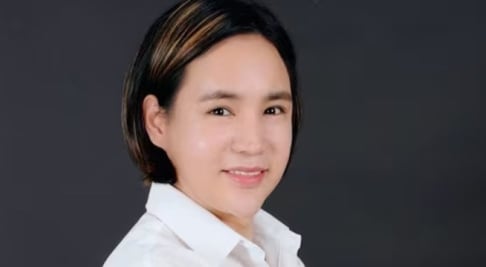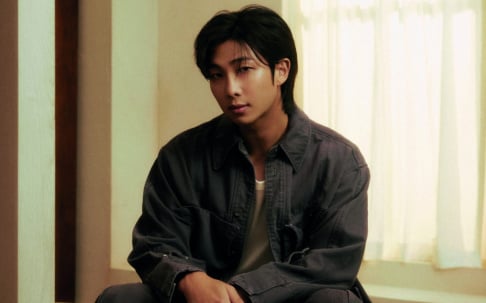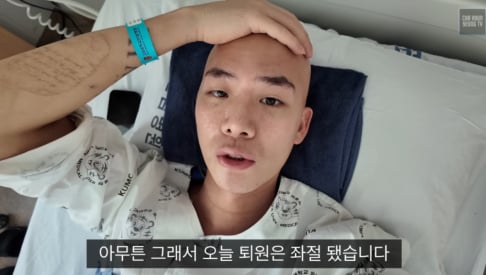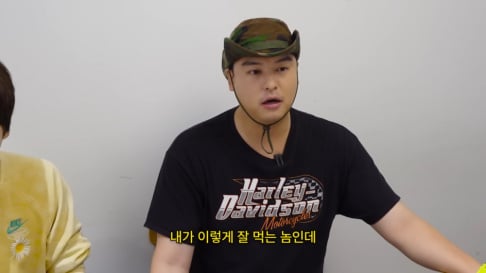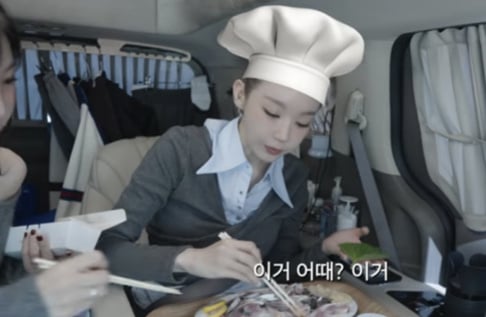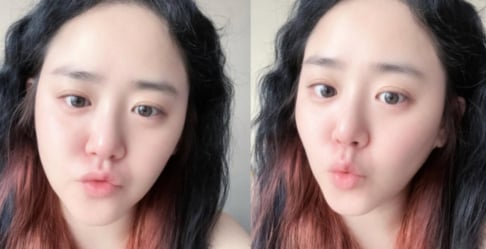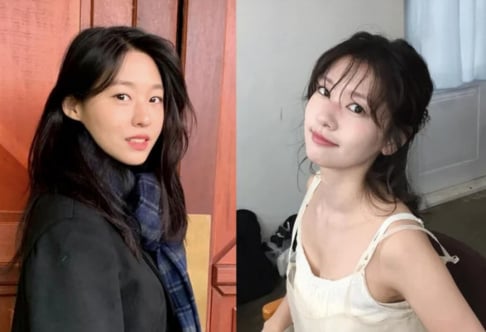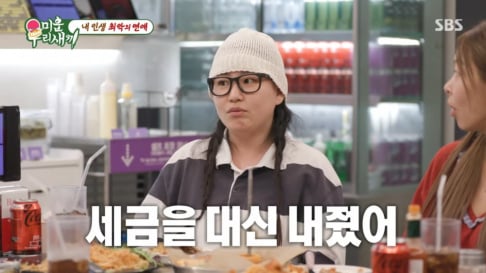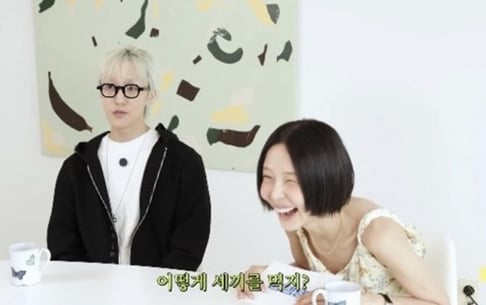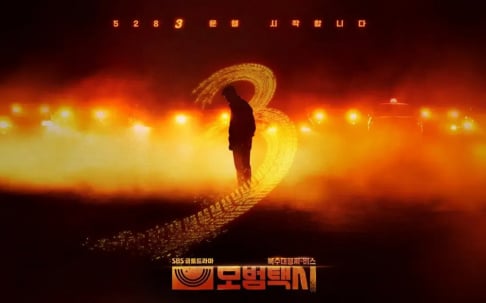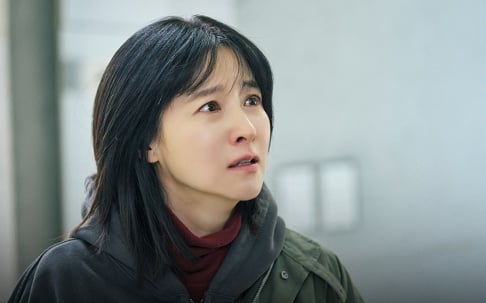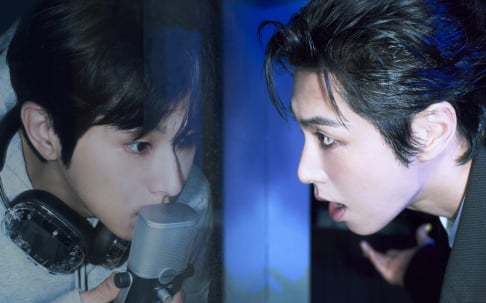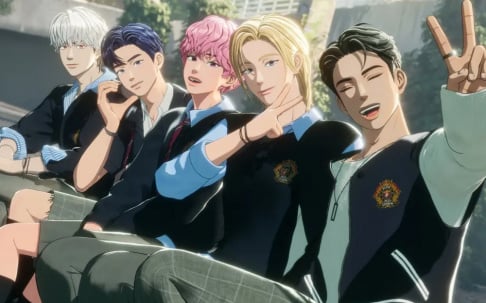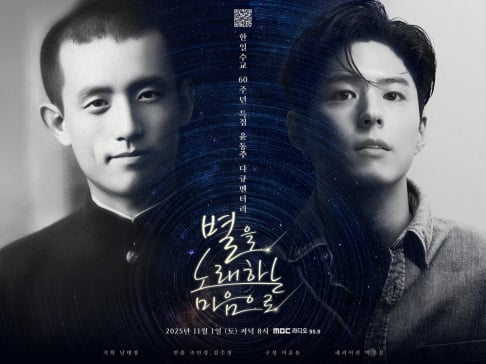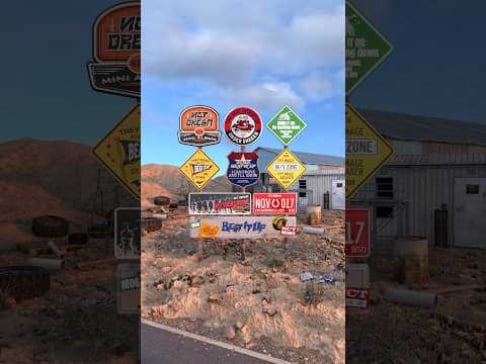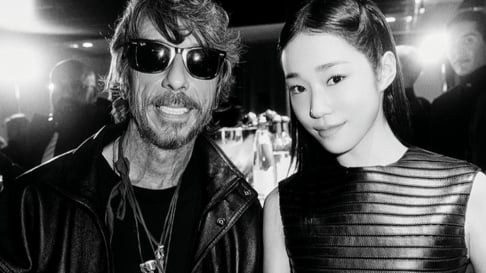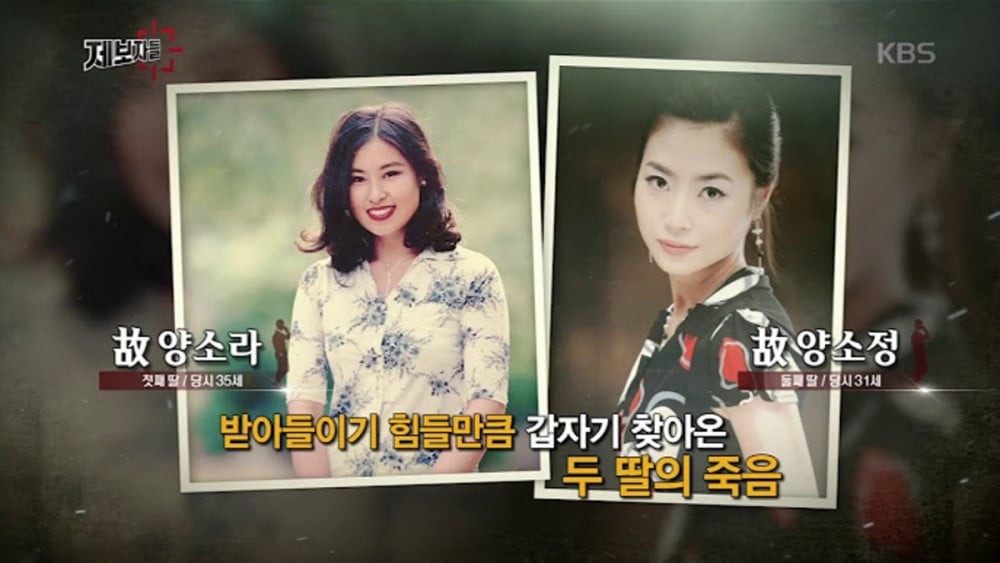
'Smoking Gun’ uncovers truth behind tragic case of late supporting actress Yang Sora.
On July 22, KBS2’s investigative program 'Smoking Gun' aired an episode focusing on the death of supporting actress sisters. The episode revealed a harrowing story of abuse, police negligence, and tragic loss.
In 2004, Yang So Jung, a woman in her twenties, ran barefoot into a police station. She claimed she and her mother had been assaulted. Shockingly, the attacker was her own older sister, Yang Sora.
Their mother recalled that her eldest daughter threatened to kill her younger sister and said she would rip her nose off. When she tried to stop them, both she and her younger daughter were beaten. She was so desperate that she finally opened the door and told her youngest daughter to call the police.
The mother described Sora’s terrifying behavior. She said that Sora walked around the house completely naked. She took out a tray and started stabbing it with a kitchen knife while shouting that she had to kill them. Though Sora was her daughter, the mother was terrified.
To her mother, Yang Sora had been a calm, studious, and kind daughter. She said that Sora was attending graduate school but changed completely that summer. The question lingered about what had happened to the once bright and diligent girl.
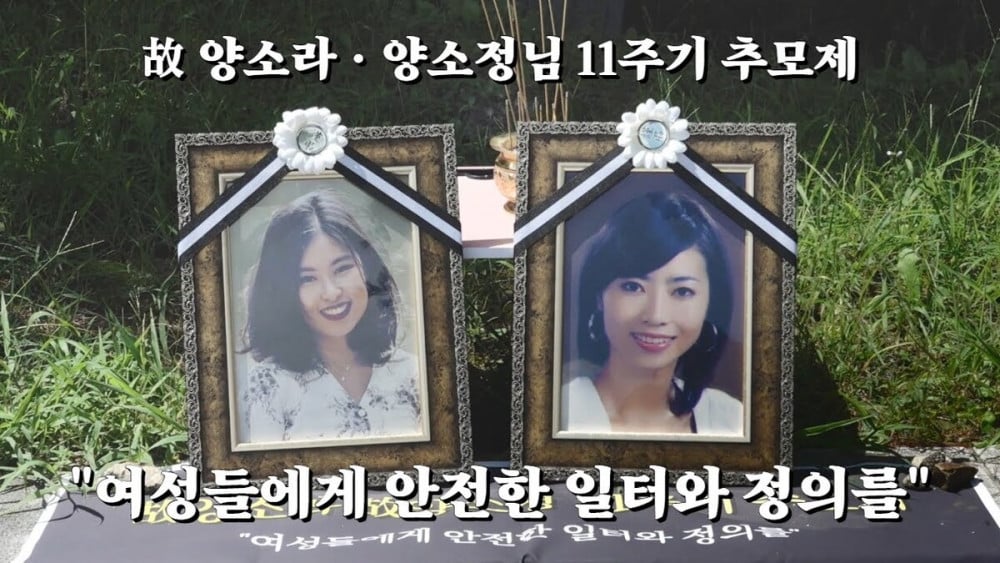
Yang Sora and her sister So Jung, who dreamed of becoming actresses, went to Gyeongsangnam-do Hadong for a drama extra job. Soon after starting, Sora’s behavior changed dramatically. While hospitalized in a psychiatric ward, Sora revealed that the harassment began at the filming site. The assistant director had repeatedly sexually assaulted her. The assaults first happened during the shoot in Hadong and continued later in Seoul, where the assistant director used alcohol and isolation to take advantage of her. He even threatened her with a knife to her face when she resisted.
Sora testified that she was raped six times over two months by the assistant director. She also said that additional sexual harassment occurred during breaks and on the bus. Despite this, three years after withdrawing her complaint, Sora tragically ended her life by jumping from an 18th-floor building.
Her mother’s grief turned to anger. She said that at first, she could not even cry. But not everyone who is raped dies. She believes it was the police who killed her daughter.
The mother recounted her first visit to the police. She said they brought a bundle of notes and recordings Sora made, but the police said, “Do you really think this is a case?” They told Sora to forget it all and try to adapt to society. Although the investigating officer changed, the process was filled with what amounted to secondary victimization. The mother revealed that an investigator even made Sora draw the perpetrator’s genitals. Hearing this, commentator Lee Ji Hye expressed outrage, calling it absurd and horrifying.
The mother tearfully added that she thought she just needed to endure the investigation, but now she deeply regrets not fighting harder.
Six days after Sora’s death, her younger sister So Jung also died. The mother recalled that So Jung blamed herself for introducing her sister to the extra job that led to all this. After Sora’s death, she stopped eating and wasted away. Their father, devastated by the revelations, suffered a cerebral hemorrhage and passed away after the sisters’ deaths. The mother said that when she came to her senses, four years had passed and she vowed to uncover the truth for her daughters.
But the story did not end there. Yang Sora later revealed that three different assistant directors had sexually assaulted or harassed her in turn. One even confiscated her phone and held her captive for three days.
Learning this, her mother persuaded Sora to file complaints. Sora accused a total of 12 people, four for rape and eight for sexual harassment. All of the accused were extras coordinators or staff. She claimed she was raped or sexually assaulted 40 times over three months. However, the accused denied the allegations and even threatened her.
After two years, Sora withdrew all complaints. She said it was because the trauma of reliving the events during police questioning was too much. She temporarily regained stability with her family but took her own life three years later.
Her mother’s anger remains undiminished. She said that she brought all her evidence to the police, but they dismissed it. The investigation itself was another form of violence. She holds the police responsible for her daughter’s death.
The 'Smoking Gun' episode exposes the tragic failures of the justice system and the immense suffering of a family destroyed by abuse and neglect.
SEE ALSO: President Lee commemorates 11th anniversary of legend rocker Shin Hae Chul's passing
 SHARE
SHARE

